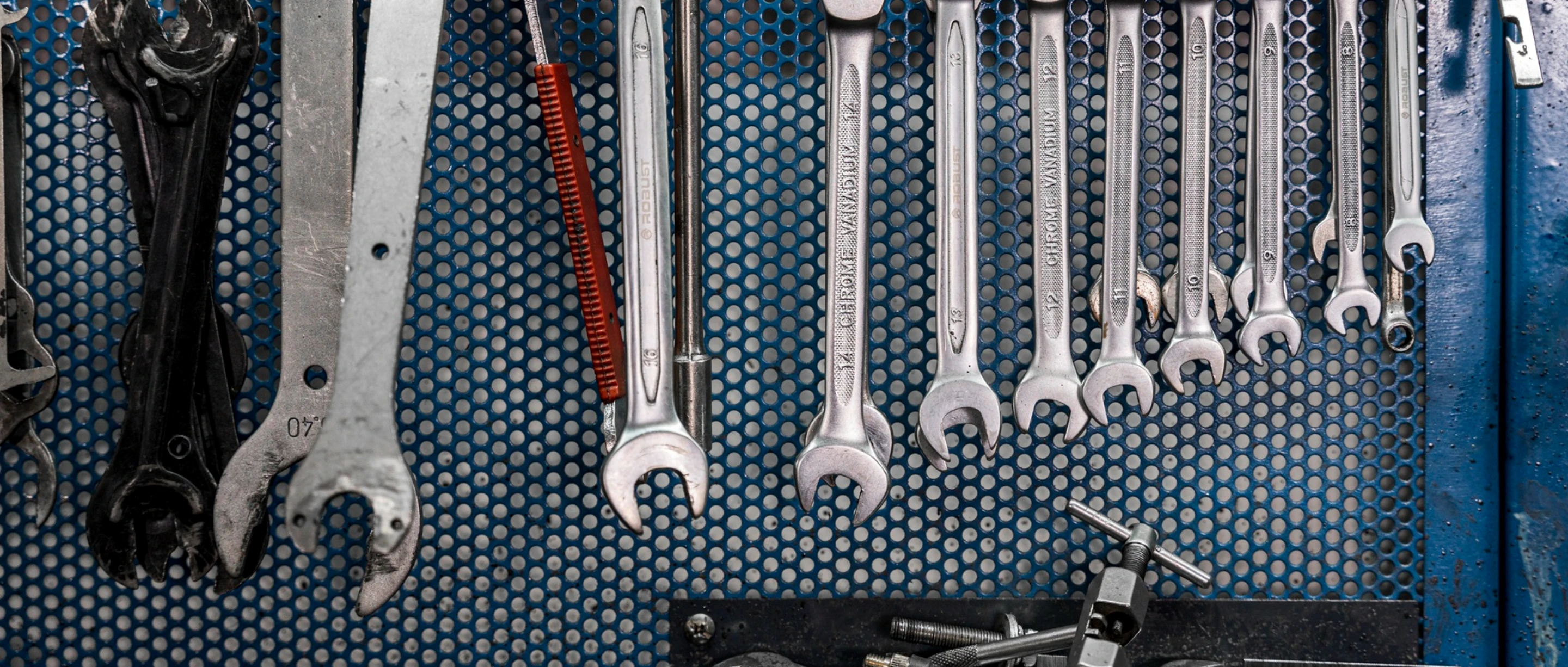Securing Dependable Brake Performance
Your vehicle's brakes are one of its most critical safety features, and maintaining them is essential for your safety and the safety of others on the road. At Car Care Central in Azusa, we specialize in professional brake repair services to keep your car stopping safely and efficiently. Whether you're hearing squealing, noticing reduced braking power, or experiencing a spongy brake pedal, our experienced technicians are here to diagnose and resolve the issue promptly.
Comprehensive Brake Repair Services
We provide a full range of brake repair services to ensure your vehicle performs at its best. Our services include:
Anti-Lock Brake System
The Anti-lock Brake System (ABS) ensures your wheels keep rotating during braking, preventing skidding and providing better control. If your ABS light illuminates, visit Car Care Central for a diagnosis and professional repair.
Brake Fluid Flushes
Brake fluid can absorb moisture from the air over time, diminishing brake effectiveness and becoming corrosive, potentially harming the system. Regular brake fluid flushes are vital to ensure fresh fluid usage in your vehicle. Consult our technicians at Car Care Central to determine the right time for a brake fluid flush.
Brake Hoses
A brake hose carries pressurized brake fluid from the master cylinder to the brakes. A damaged hose can lead to delayed or weak braking, and a leak may result in brake failure. While the need for a replacement brake hose isn't common, any signs of cracking or wear should prompt immediate replacement.
Brake Pad & Shoe Replacement
Squealing brakes often indicate brake pad issues. When brake pads deteriorate completely, a harsh metal-on-metal grinding noise occurs during braking, indicating potential rotor or drum damage. Although experienced individuals may attempt home repairs, if you have brake concerns, it's best to consult an auto repair professional promptly.
Caliper Replacement
The brake caliper houses brake pads and clamps around the rotor to apply pressure during braking. Caliper problems can cause uneven braking, leading to skidding during braking and loss of control in adverse weather conditions. Contact Car Care Central in Azusa at your earliest convenience for assistance.
Resurface Rotors
In a disc brake system, rotors attach to your vehicle's wheels. The friction with brake pads over time creates grooves and cracks. The process of resurfacing restores rotors to a "like-new" condition, reducing noise and wobbling. At Car Care Central, we inspect your rotors thoroughly and recommend the best course of action.
Serving Azusa and Surrounding Areas
At Car Care Central, we proudly serve drivers in Azusa and nearby communities with trusted brake repair services. Whether you need routine maintenance or emergency repairs, we're here to keep your vehicle safe and road-ready.
Brake FAQs
Learn about some of the common questions you may have:
Why are my brakes making a grinding noise?
Grinding noises often mean that your brake system is critically worn and requires immediate attention. This sound typically indicates that the brake pads have worn through.
Why are my brakes squeaking?
Squeaking brakes might be caused by something as minor as road debris or as urgent as worn-out pads. It's a sign to check your brakes before the condition worsens.
Why are my brakes vibrating?
Vibrations during braking usually point to uneven rotor surfaces. Our team at Car Care Central can inspect and resurface your vehicle's rotors to eliminate this issue.
Why are my brakes making a burning smell?
A burning smell from your brakes suggests they're overheating. Stop driving and check if your parking brake is engaged. If smoke is visible, it could be due to a stuck caliper.
What are the 3 signs that brake pads are worn?
Common indicators of worn brake pads include squeaking, grinding noises, or the brake warning light on your dashboard.
To learn more about our Brake services, call us at 626-339-7566 or request a quote by clicking below:
Request Quote
Discover More About Brake Repair Services At Car Care Central in Azusa
Alignment Services
Customer Service
Tire Repair Services













